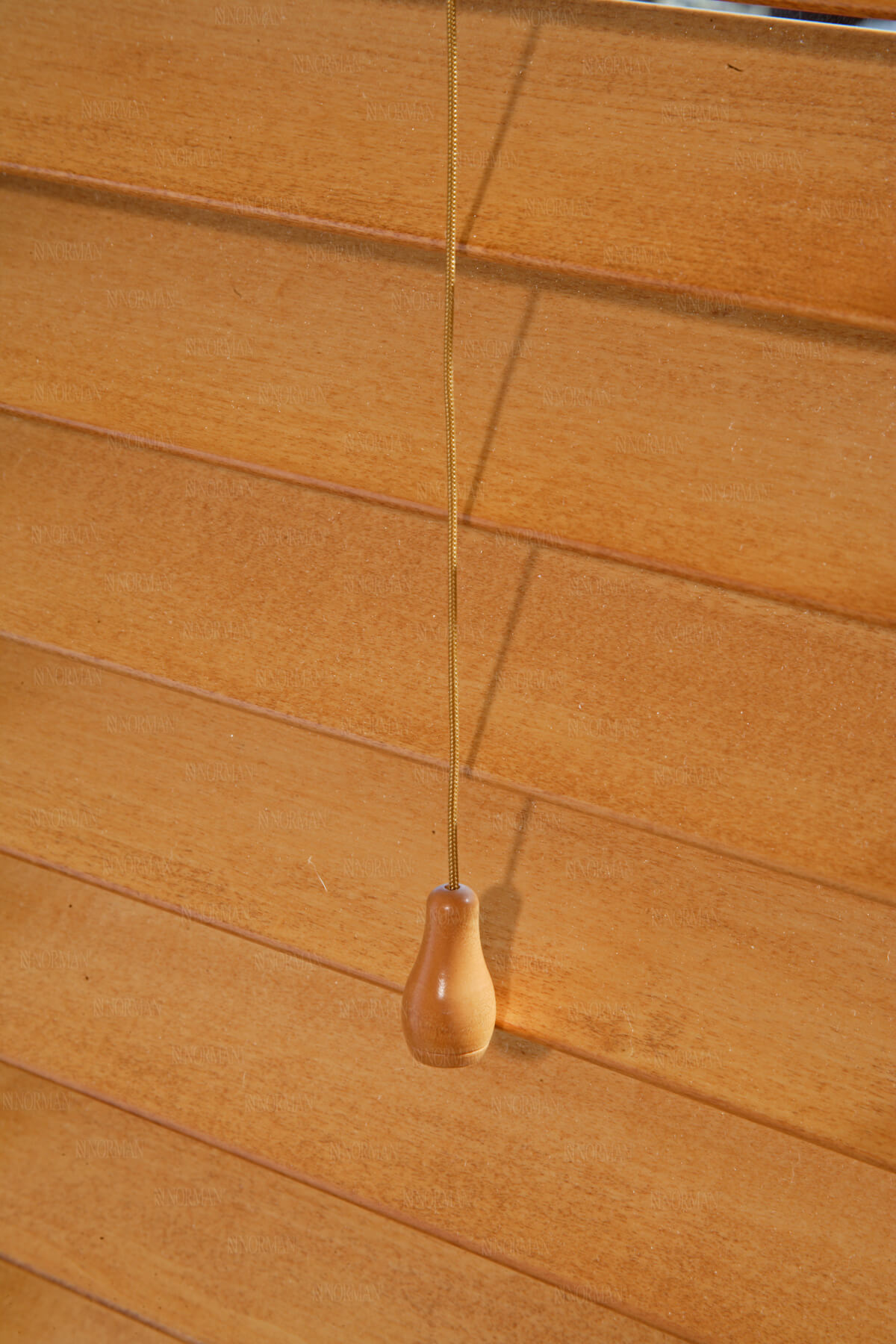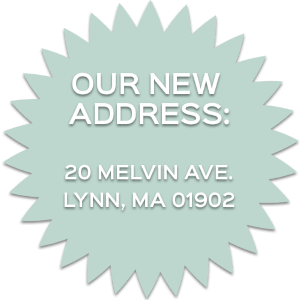BOSTON FAUX WOOD BLINDS OR REAL WOOD BLINDS?
 Sometimes people have a hard time deciding whether they should go with faux or imitation wood blinds, or if real blinds would be better. There's no hard and fast rule which is best for you, both have their pros and cons and it's really up to you to decide what best suits your situation.
Sometimes people have a hard time deciding whether they should go with faux or imitation wood blinds, or if real blinds would be better. There's no hard and fast rule which is best for you, both have their pros and cons and it's really up to you to decide what best suits your situation.
Here are a few things you may want to take into consideration when making your final decision.
Cost: In general, faux wood blinds in Boston cost substantially less than a similar blind, made out of hardwood costs. Real wood blinds in Boston are made from hardwood, and the expense in cutting the wood, transporting it to a factory, having it cut and treated and then assembled into a blind adds up to the point that it genuinely costs a lot more to produce than a blind made from composite wood covered in PVC.
Damage from Humidity: Real wood tends to warp in damp or humid locations. This makes a blind made from that material unsuitable for areas such as a bathroom, or even a kitchen as there's usually a lot of steam from cooking around. If you want to have a wood look in your bathroom or kitchen, or if you live in a particularly humid area, you may find it better to stick with the imitation ones.
Size of the Window You're Covering: Real wood is lighter than faux wood, believe it or not. If your blind is going to cover a large expanse of window, and you're planning on pulling the blinds up and down, you would do better with the lighter blinds, even though they are a tad more expensive. Faux wood is often heavier, making blinds made from that material difficult to lower and raise if the blind is big and unwieldy.
Especially from a distance you can't really tell much difference between the real wood and faux wood blinds, which is why a lot of people choose the cheaper composite or imitation blinds in Boston over the real ones these days.










